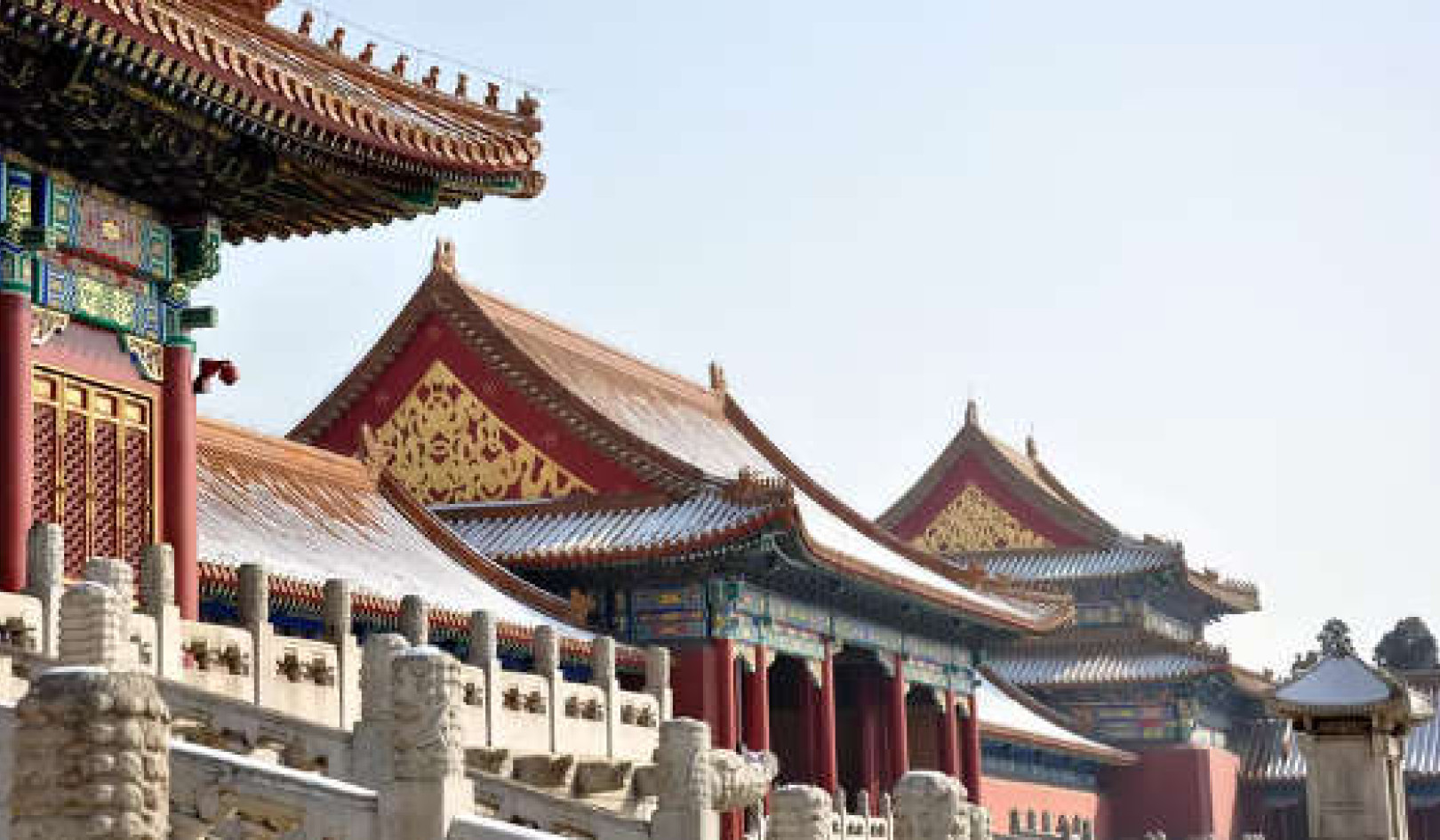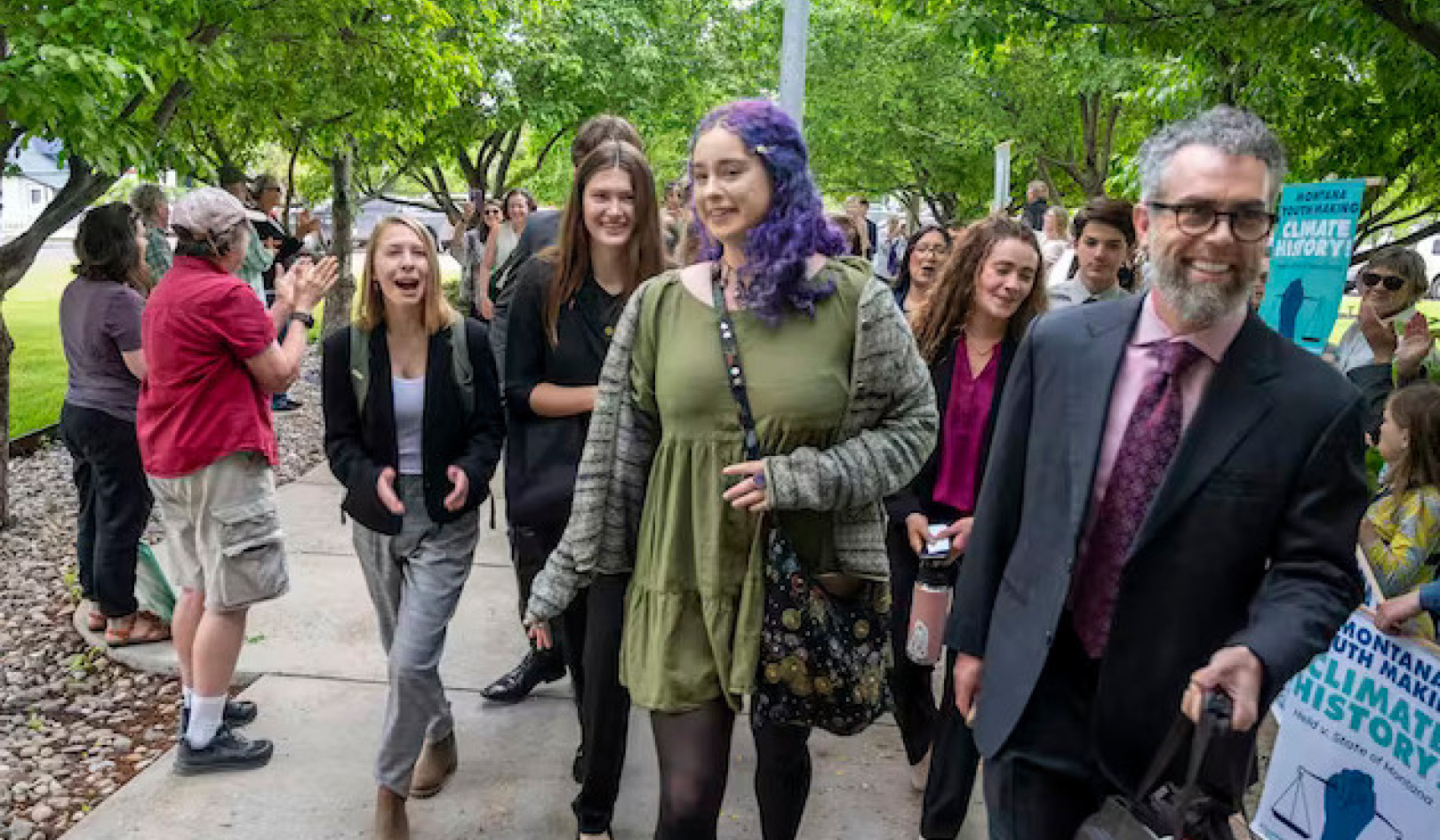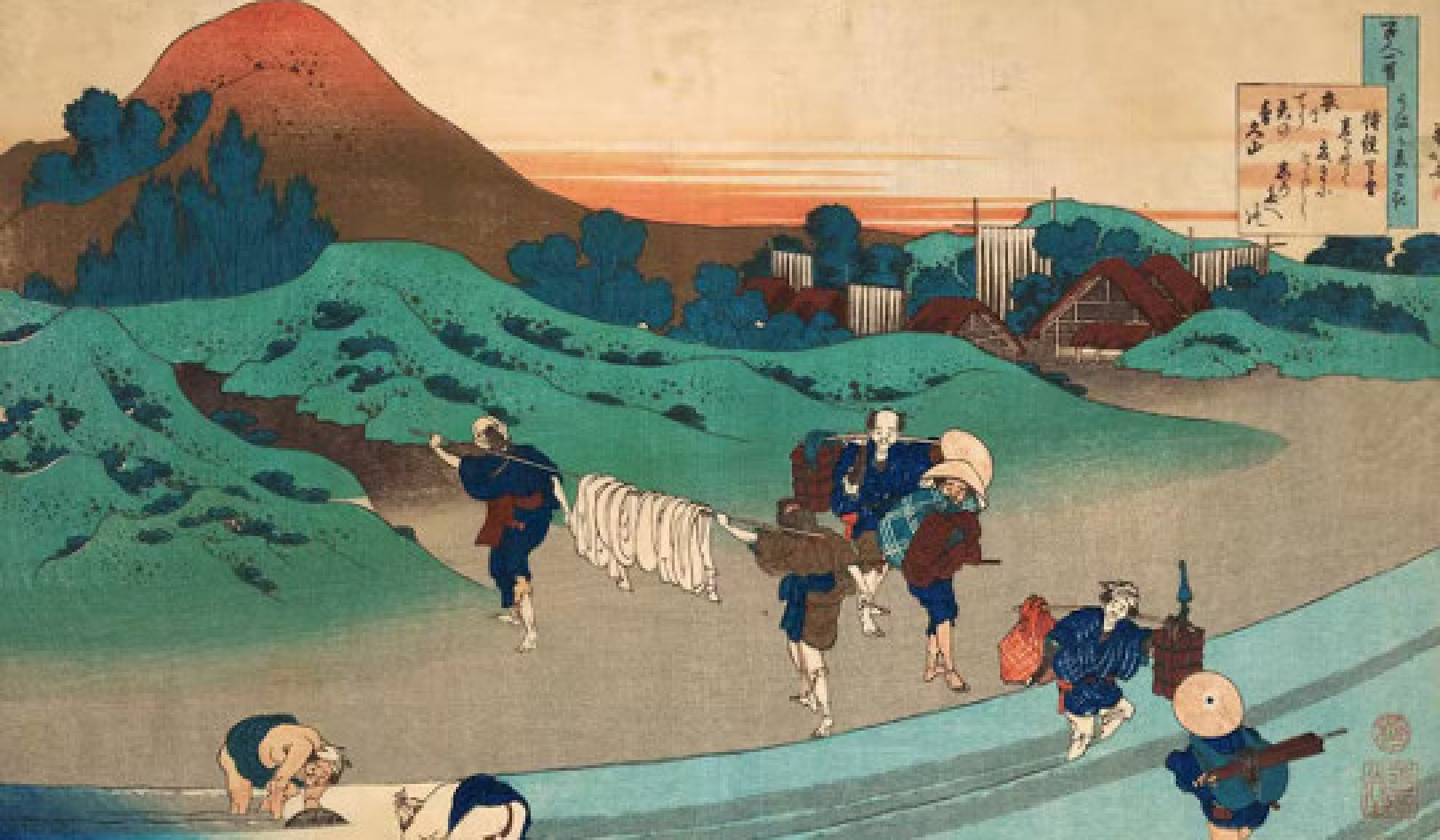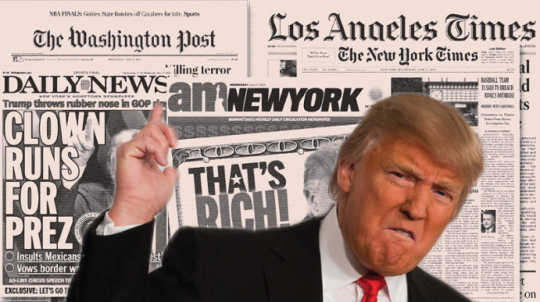
Demokrasi özgür ve bağımsız bir basına dayanmaktadır, bu yüzden bütün zorbalar onu susturmaya çalışır. Endişe verici bir şekilde, Cumhurbaşkanı seçilen Donald Trump'ın zaten kullandığı yedi tekniği kullanıyorlar.
1. Berate the media. Last week, Trump summoned two-dozen TV news anchors and executives to the twenty-fifth floor of Trump Tower to berate them for their reporting about him during the election. For twenty minutes he railed at what he called their “outrageous” and “dishonest” coverage. According to an attendee, “Trump kept saying, ‘we’re in a room of liars, the deceitful dishonest media who got it all wrong,’” and he called CNN a “network of liars.” He accused NBC of using unflattering pictures of him, demanding to know why they didn’t use “nicer” pictures.
Another person who attended the meeting şuraya Trump “truly doesn’t seem to understand the First Amendment. He thinks we are supposed to say what he says and that’s it.”
2. Blacklist critical media. During the campaign, Trump blacklisted news outlets whose coverage he didn’t approve of. In June he pulled Washington Post'un credentials. “Based on the incredibly inaccurate coverage and reporting of the record setting Trump campaign, we are hereby revoking the press credentials of the phony and dishonest Washington Post,” read a Facebook post on Trump’s Facebook page.
After the election Trump agreed to meet with the New York Times and then suddenly iptal edildi the meeting when he didn’t like the terms, tweeting “Perhaps a new meeting will be set up with the @nytimes. In the meantime they continue to cover me inaccurately and with a nasty tone!” (He then reversed himself again and met with the Zamanlar.)
3. Turn the public against the media. Trump refers to journalists as “yalan söyleme, ""dishonest,""iğrenç"Ve"pislik.” Referring to the journalists at his rallies, Trump şuraya, “I hate some of these people,” adding (presumably in response to allegations of Vladimir Putin’s treatment of dissident journalists) “but I’d never kill ‘em."
He questions the press’s motives, iddia, for example, that Washington Post wrote negative things about him because its publisher, Jeffrey Bezos, a founder of Amazon, “thinks I would go after him for antitrust.” When the New York Times wrote that his transition team was in disarray, Trump tweeted that the newspaper was "just upset that they looked like fools in their coverage of me” during the presidential campaign.
4. Condemn satirical or critical comments. Trump continues to condemn the coverage he’s received from NBC’s “Saturday Night Live.” In response to Alex Baldwin’s recent portrayal of him as overwhelmed by the prospect of being president, Trump tweeted that it was a “totally one-sided, biased show – nothing funny at all. Equal time for us?”
When Brandon Victor Dixon, the actor who plays Aaron Burr in the Broadway musical “Hamilton,” read from the stage a message to Vice President-elect Mike Pence, who was in the audience – expressing fears about the pending Trump administration for the “diverse group of men and women of different colors, creeds and orientations” on the cast – Trump responded angrily. He tweeted that Pence had been “harassed,” and insisted that the cast and producers of the show, “which I hear is highly overrated,” apologize.
5. Threaten the media directly. Trump said he plans to change libel laws in the United States so that he can have an easier time suing news organizations. “One of the things I’m going to do if I win … I’m going to open up our libel laws so when they write purposely negative and horrible and false articles, we can sue them and win lots of money.”
During the campaign, Trump specifically dava açma tehdidi the Zamanlar for libel in response to an article that featured two women accusing him of touching them inappropriately years ago. Trump claimed the allegations were false, and his lawyer demanded that the newspaper retract the story and issue an apology. Trump also threatened legal action after the Zamanlar published and wrote about part of his 1995 tax return.
6. Limit media access. Trump hasn’t had a news conference since July. He has blocked the media from traveling with him, or even knowing whom he’s meeting with. His phone call with Vladimir Putin, which occurred shortly after the election, was first reported by the Kremlin.
This is highly unusual. In 2000, President-elect George W. Bush called a press conference three days after the Supreme Court determined the outcome of the election. In 2008, President-elect Obama also meet with the press three days after being elected.
7. Bypass the media and communicate with the public directly. The American public learns what Trump thinks through his tweets. Shortly after the election, Trump released a video message outlining some of the executive actions he plans to take on his first day in office.
Aids say Trump has also ifade edilen ilgi in continuing to hold the large rallies that became a staple of his candidacy. They say he likes the instant gratification and adulation that the cheering crowds provide.
The word “media” comes from “intermediate” between newsmakers and the public. Responsible media hold the powerful accountable by asking them hard questions and reporting on what they do. Apparently Trump wants to eliminate such intermediaries.
Historically, these seven techniques have been used by demagogues to erode the freedom and independence of the press. Even before he’s sworn in, Trump seems intent on doing exactly this.
Yazar Hakkında
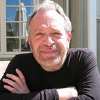 ROBERT B. REICH, Berkeley'deki Kaliforniya Üniversitesi Şansölye Kamu Politikası Profesörü, Clinton yönetiminde Çalışma Sekreteri idi. Time Magazine onu geçen yüzyılın en etkili on kabine sekreterinden biri olarak seçti. En çok satanlar da dahil olmak üzere on üç kitap yazdı.Aftershock" ve "Milletlerin Çalışmaları"Onun sonuncusu"Outrage Ötesinde, "şimdi ciltsiz çıktı. Ayrıca Amerikan Prospect dergisinin kurucu editörü ve Common Cause'un başkanı.
ROBERT B. REICH, Berkeley'deki Kaliforniya Üniversitesi Şansölye Kamu Politikası Profesörü, Clinton yönetiminde Çalışma Sekreteri idi. Time Magazine onu geçen yüzyılın en etkili on kabine sekreterinden biri olarak seçti. En çok satanlar da dahil olmak üzere on üç kitap yazdı.Aftershock" ve "Milletlerin Çalışmaları"Onun sonuncusu"Outrage Ötesinde, "şimdi ciltsiz çıktı. Ayrıca Amerikan Prospect dergisinin kurucu editörü ve Common Cause'un başkanı.
Robert Reich tarafından Kitaplar
Kapitalizmi Kurtarmak: Azınlık Değil, Çok Sayıda - Robert B. Reich tarafından
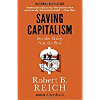 Amerika bir zamanlar büyük ve müreffeh orta sınıfı tarafından kutlandı ve tanımlandı. Şimdi, bu orta sınıf küçülüyor, yeni bir oligarşi yükseliyor ve ülke seksen yıldaki en büyük servet eşitsizliği ile karşı karşıya. Neden Amerika'yı aniden güçsüzleştiren ekonomik sistem bizi başarısızlığa uğratıyor ve nasıl düzeltilebilir?
Amerika bir zamanlar büyük ve müreffeh orta sınıfı tarafından kutlandı ve tanımlandı. Şimdi, bu orta sınıf küçülüyor, yeni bir oligarşi yükseliyor ve ülke seksen yıldaki en büyük servet eşitsizliği ile karşı karşıya. Neden Amerika'yı aniden güçsüzleştiren ekonomik sistem bizi başarısızlığa uğratıyor ve nasıl düzeltilebilir?
Buraya Tıkla Daha fazla bilgi için veya Amazon'da bu kitabı sipariş etmek için.
Öfkenin Ötesinde: Ekonomimizde ve demokrasimizde neyin yanlış gittiğini ve nasıl düzeltileceğini -- Robert B. Reich tarafından
 Bu zamanında kitabında, Robert B. Reich, vatandaşlara enerji verilmeden ve Washington’un kamu yararı için harekete geçmesini sağlamak için örgütlenmedikçe, Washington’da hiçbir şeyin iyi olmadığını savunuyor. İlk adım, büyük resmi görmektir. Öfkenin Ötesinde, gelir ve servetin artan oranının zirveye çıkmasının neden herkes için iş ve büyüme yarattığını, demokrasimizi baltaladığını; Amerikalıların halk yaşamı hakkında giderek daha alaycı olmalarına neden oldu; ve birçok Amerikalıyı birbirine karşı çevirdi. Ayrıca “gerileme hakkının” önerilerinin neden yanlış olduğunu açıklıyor ve bunun yerine yapılması gerekenler konusunda net bir yol haritası sunuyor. İşte Amerika'nın geleceğini önemseyen herkes için bir eylem planı.
Bu zamanında kitabında, Robert B. Reich, vatandaşlara enerji verilmeden ve Washington’un kamu yararı için harekete geçmesini sağlamak için örgütlenmedikçe, Washington’da hiçbir şeyin iyi olmadığını savunuyor. İlk adım, büyük resmi görmektir. Öfkenin Ötesinde, gelir ve servetin artan oranının zirveye çıkmasının neden herkes için iş ve büyüme yarattığını, demokrasimizi baltaladığını; Amerikalıların halk yaşamı hakkında giderek daha alaycı olmalarına neden oldu; ve birçok Amerikalıyı birbirine karşı çevirdi. Ayrıca “gerileme hakkının” önerilerinin neden yanlış olduğunu açıklıyor ve bunun yerine yapılması gerekenler konusunda net bir yol haritası sunuyor. İşte Amerika'nın geleceğini önemseyen herkes için bir eylem planı.
Buraya Tıkla Daha fazla bilgi için veya Amazon'da bu kitabı sipariş etmek için.























